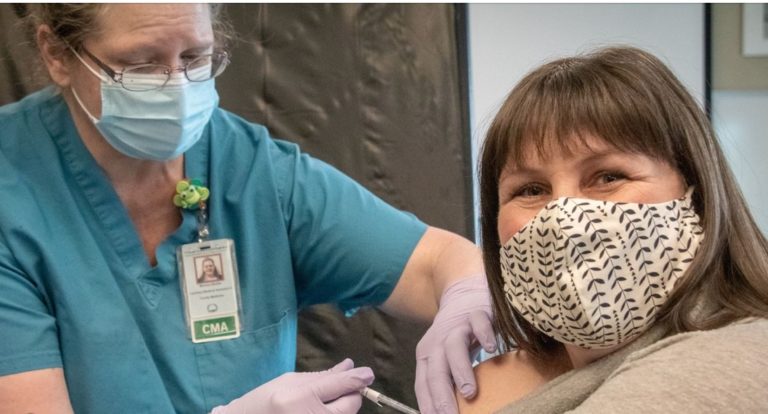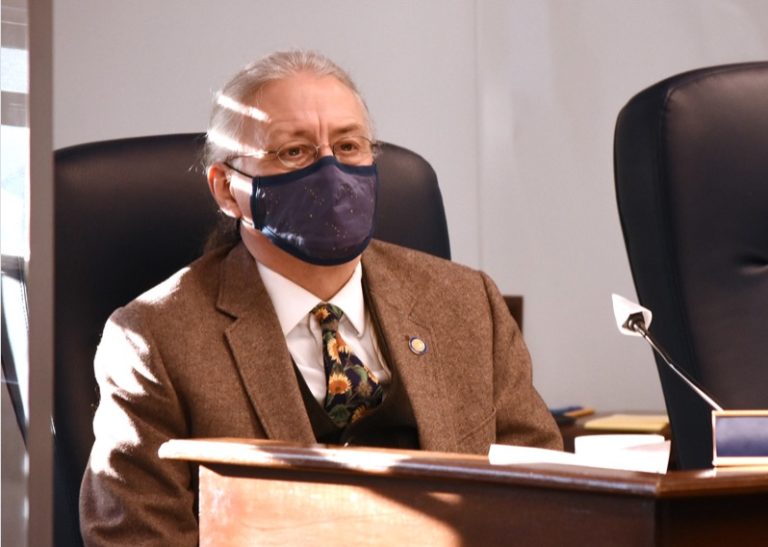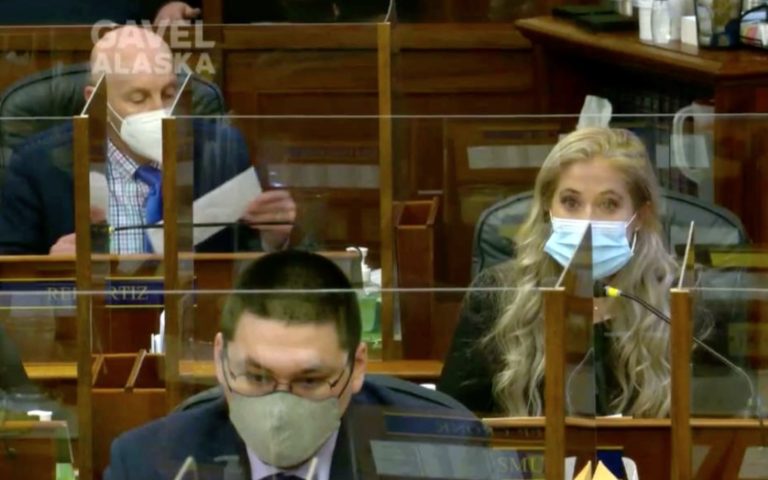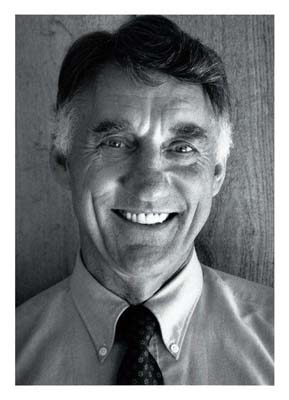By WIN GRUENING
In my last column, I wrote about the prospects for any kind of a tourism recovery this year in Alaska.
The visitor industry, especially in Southeast Alaska, is very dependent on large cruise ships. However, between yet-to-be finalized pandemic protocols and Canada’s cruise ban, it is becoming increasingly unlikely that the season will happen.
While our Congressional delegation and governor are trying to salvage the cruise season, a separate discussion of how we might boost independent tourism is ongoing – and vital.
On the cruise front, Rep. Young has introduced legislation, the Alaska Tourism Recovery Act, a temporary workaround that would make roundtrip voyages between Alaska and Washington a “foreign voyage” under U.S. regulations. This would make moot the requirement for a Canadian port call under the Passenger Vessel Services Act (PVSA).
Unfortunately, the PVSA isn’t the only hurdle that cruise lines face before returning to Alaska.
Interim CDC guidance mandates that cruise companies run several “simulated” cruises with each ship along with a complex list of protocols, procedures, and other requirements before being cleared for operation. Can cruise companies get ships ready, crews onboard and trained, obtain unanimity of agreement on protocols among affected Alaska port communities, then run several mock cruises in time to begin an economically feasible season?
It’s highly doubtful. Cruise lines have already begun cancelling ship sailings for the 2021 season.
Travel Juneau, the Capital City’s travel and convention bureau, is formulating a plan to increase sales and independent travel in Southeast Alaska. A few key components being considered are:
- bolstering sales to in-state traffic and locals
- developing targeted campaigns in the lower 48 through video & social media
- marketing Juneau as a “safe” community
While the CDC has resisted loosening restrictions for cruise travel, other forms of travel are feasible. Governor Dunleavy has pointed out that Alaska should be the safest destination of choice for travelers this year. From the first traveler-testing program in the United States, to leading our country in testing and vaccines, the pandemic response from Alaskans has been rated the best in the U.S.
This should make Alaska more attractive to visitors looking to travel after a year of lockdowns. Furthermore, most travel companies and airlines now have flexible and more generous booking and cancellation policies, and prices are historically low. More readily available vaccines combined with pent-up travel demand should result in increased vacation planning and bookings.
Communities and businesses in SE Alaska might consider ways to take advantage of this.
First, each community should review their pandemic protocols and testing requirements. In Juneau, for instance, strict testing and quarantine rules are still in place for unvaccinated visitors (although this is scheduled to sunset on May 1). No one is going to schedule a vacation to Alaska if required to practice strict social distance (essentially quarantine) for 5 days after getting here. Since trip planning is happening now, communities should reassess these restrictions when warranted.
Second, businesses might explore ways to provide services and products that cater to smaller groups of people. This may involve downsizing their operation further and finding efficiencies that allow them to operate with groups of say, 5-10 customers. This will be difficult for business models that depend on large volumes of cruise passengers such as whale watching boats and bus tours.
While these actions are short-term in nature and will not offset the revenue losses caused by a shortened or cancelled cruise season, they may help some businesses survive until 2022, when we can anticipate some recovery.
In the long term, Juneau residents and our neighboring communities would be wise to encourage continued growth and diversity in our visitor industry. An ill-conceived local ballot initiative scheduled to be filed this month to limit cruise ship tourism in Juneau does just the opposite.
It’s ironic that many people that criticize the cruise industry also fight a project that would have an exponentially beneficial impact on independent tourism – the construction of a road linking Juneau to Haines, Skagway, and the Continental U.S.
If we genuinely want to increase the number of independent visitors to our community, recognizing the economic benefits of a road should be part of our vision and planning.
Win Gruening retired as the senior vice president in charge of business banking for Key Bank in 2012. He was born and raised in Juneau and graduated from the U.S. Air Force Academy in 1970. He is active in community affairs and in various local and statewide organizations.








